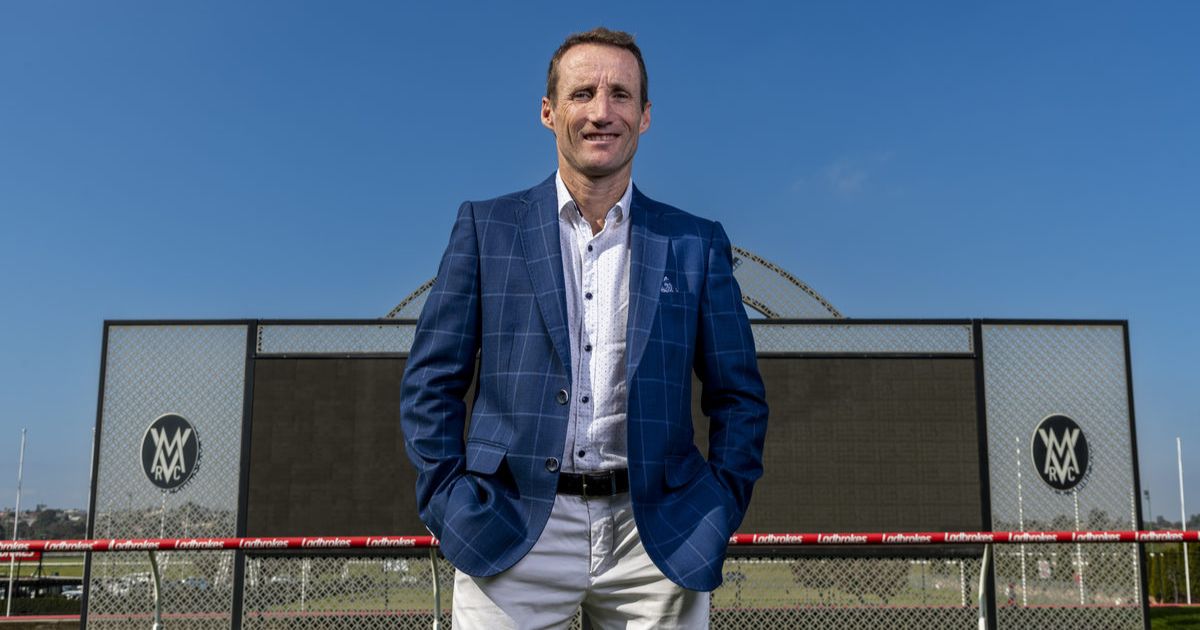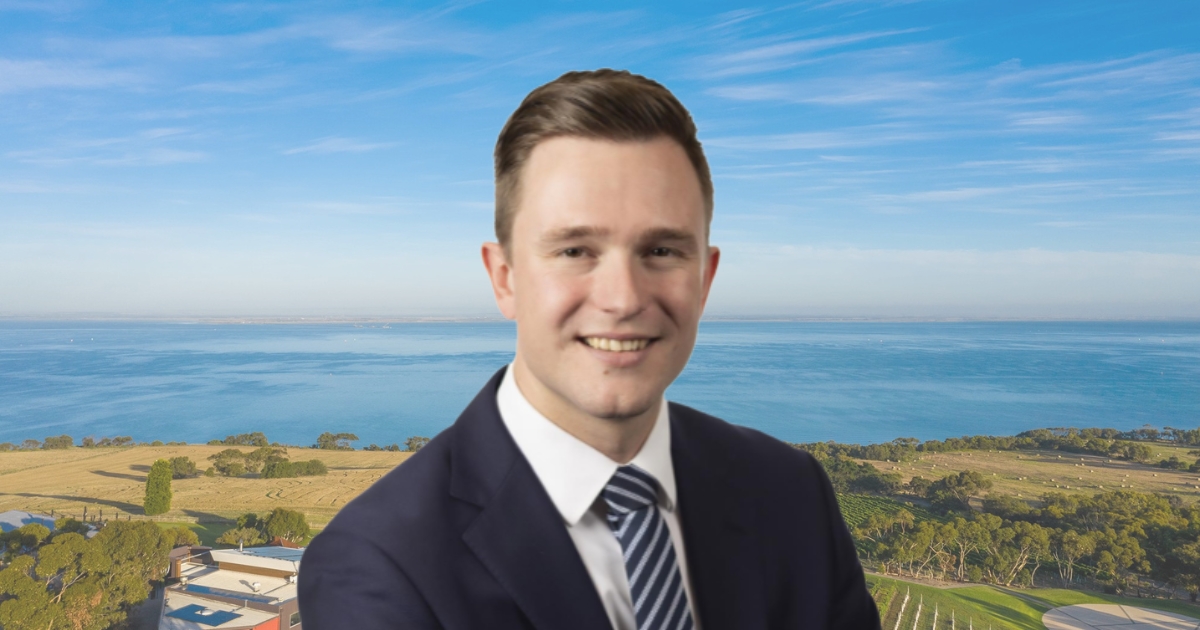Labor pass Emergency Services levy despite local opposition

Surf Coast CEO Robyn Seymour, Queencliffe mayor Di Rule, Geelong mayor Stretch Kontelj, Greens Member for Western Victoria Sarah Mansfield, Surf Coast mayor Mike Bodsworth, Colac Otway mayor Jason Schram and Geelong CEO Ali Wastie. Photo: SUPPLIED
The state Labor Government has passed its controversial Emergency Services Volunteer Fund (ESVF) levy, despite opposition from local councils, including across the Geelong region.
In the lead up to the bill, six councils from across the Geelong region met to show their united opposition to the bill.
Representatives from the six councils – Greater Geelong, Surf Coast, Queenscliffe, Colac Otway, Golden Plains and Wyndham City – met with Greens Member for Western Victoria Sarah Mansfield last week to voice their concerns and urge her to vote against the proposed new charge.
The levy could see ratepayers in Greater Geelong, Surf Coast and Colac Otway shires alone pay almost $30 million extra on their rates notices.
It proposes to fund vital emergency services, but councils are unsure exactly where the money will go and are concerned about the effects it will have on ratepayers.
Councils are also objecting to being the state government’s tax collectors.
The ESVF legislation has already passed the lower house, and needs the support of the Liberals, or six of the 11 members of the crossbench, to pass through the upper house.
Geelong mayor Stretch Kontelj said the meeting demonstrated a united front across the region’s councils.
“We’ve brought together councils covering Werribee to Colac and Apollo Bay to Queenscliff and everywhere in between to collectively oppose this unfair levy.
“We hope all members of the Legislative Council will take note of how this issue has brought so many different communities together with one voice and cast their vote accordingly.
“As councils, we’re here to benefit our local communities – we’re not a revenue collection service for the Victorian government.”
Surf Coast mayor Mike Bodsworth called on Ms Mansfield to vote against the levy.
“I hope you stand strong with us and our community,” Cr Bodsworth said.
“Many primary producers are already under financial pressure at the moment due to the drought, and expecting them to bear an increased cost like this is really unfair.
“Our community is against this levy, and there is broad agreement across councils that it should be scrapped.
“By having councils collect the levy on its behalf, the state is protecting its own reputation at councils’ expense – because there’s no doubt this will widely be seen as an extra council fee.”
Queenscliffe mayor Di Rule said the levy would be difficult for local governments to collect.
“It’s a tax on ratepayers designed to support emergency services but we don’t know where it’s going to go.
“And while Queenscliffe doesn’t have farmers, we all know farmers and they are facing the biggest drought since 1967.
“For local government, it will be a nightmare to collect this tax; the administration and our reputation.”
Colac Otway mayor Jason Schram said some farmers who paid $1,800 this year would have to pay $10,000 if the ESVF passed through the upper house “and they can’t pay it”.
“I have spoken to farmers who say they won’t pay it.
“Drought or no drought, our farmers are struggling; people are talking of suicide BY NATHAN RIVALLAND
A SEXTET of councils have teamed up to oppose the Victorian Labor Government’s proposed Emergency Services and Volunteers Fund (ESVF) levy.
Representatives from the six councils – Greater Geelong, Surf Coast, Queenscliffe, Colac Otway, Golden Plains and Wyndham City – met with Greens Member for Western Victoria Sarah Mansfield last week to voice their concerns and urge her to vote against the proposed new charge.
The levy could see ratepayers in Greater Geelong, Surf Coast and Colac Otway shires alone pay almost $30 million extra on their rates notices.
It proposes to fund vital emergency services, but councils are unsure exactly where the money will go and are concerned about the effects it will have on ratepayers.
Councils are also objecting to being the state government’s tax collectors.
The ESVF legislation has already passed the lower house, and needs the support of the Liberals, or six of the 11 members of the crossbench, to pass through the upper house.
Geelong mayor Stretch Kontelj said the meeting demonstrated a united front across the region’s councils.
“We’ve brought together councils covering Werribee to Colac and Apollo Bay to Queenscliff and everywhere in between to collectively oppose this unfair levy.
“We hope all members of the Legislative Council will take note of how this issue has brought so many different communities together with one voice and cast their vote accordingly.
“As councils, we’re here to benefit our local communities – we’re not a revenue collection service for the Victorian government.”
Surf Coast mayor Mike Bodsworth called on Ms Mansfield to vote against the levy.
“I hope you stand strong with us and our community,” Cr Bodsworth said.
“Many primary producers are already under financial pressure at the moment due to the drought, and expecting them to bear an increased cost like this is really unfair.
“Our community is against this levy, and there is broad agreement across councils that it should be scrapped.
“By having councils collect the levy on its behalf, the state is protecting its own reputation at councils’ expense – because there’s no doubt this will widely be seen as an extra council fee.”
Queenscliffe mayor Di Rule said the levy would be difficult for local governments to collect.
“It’s a tax on ratepayers designed to support emergency services but we don’t know where it’s going to go.
“And while Queenscliffe doesn’t have farmers, we all know farmers and they are facing the biggest drought since 1967.
“For local government, it will be a nightmare to collect this tax; the administration and our reputation.”
Colac Otway mayor Jason Schram said some farmers who paid $1,800 this year would have to pay $10,000 if the ESVF passed through the upper house “and they can’t pay it”.
“I have spoken to farmers who say they won’t pay it.
“Drought or no drought, our farmers are struggling; people are talking of suicide because of the hardship.”

















